What would change if the United States was a monarchy instead of a democracy?
Well, it would depend what type of monarchy it was, whether that be a constitutional monarchy or an absolute monarchy.
England Is an Example of a Constitutional Monarchy
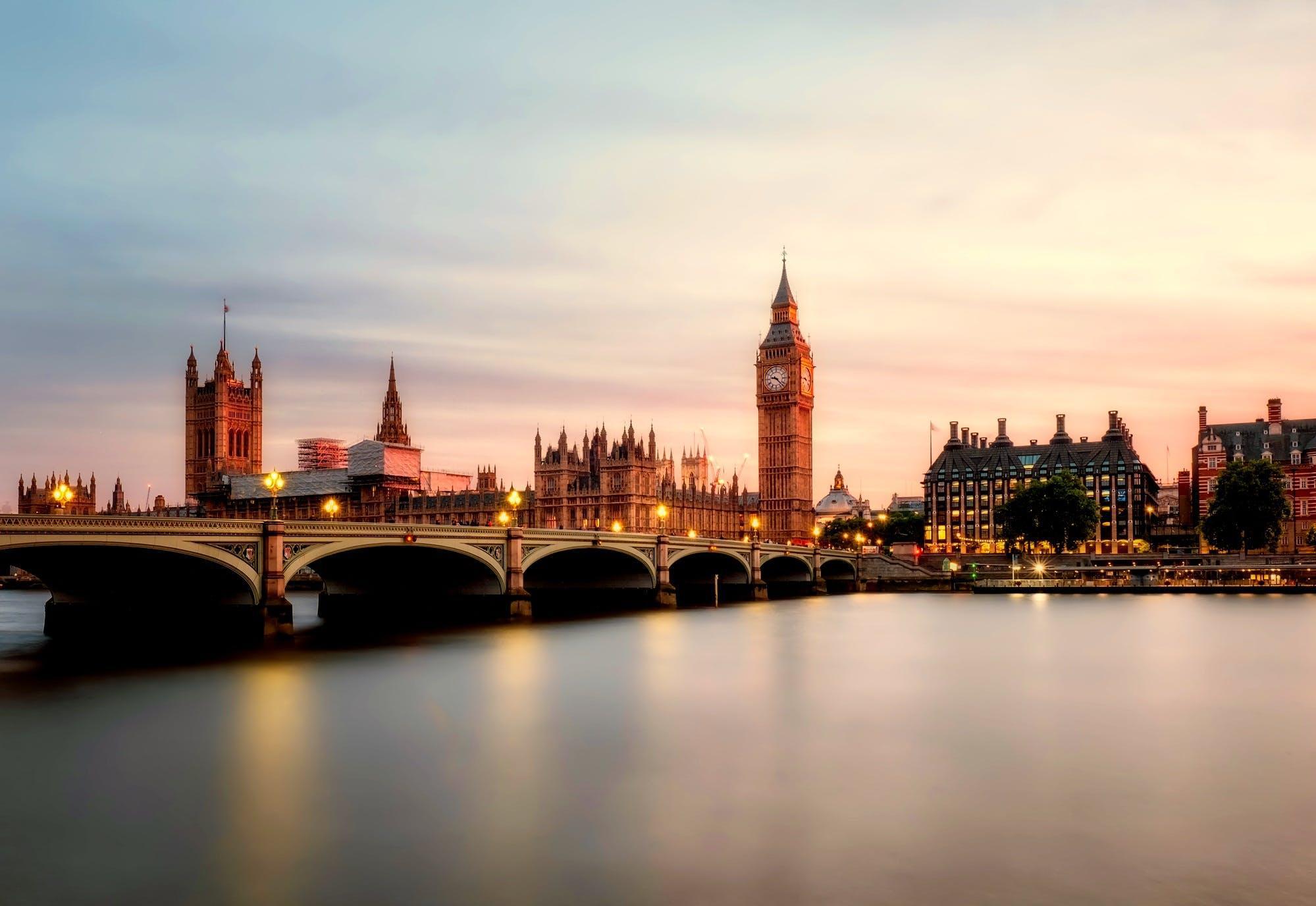
A monarchy is a country governed by one monarch or leader, most often a king or queen.
For example England is a country that is a monarchy, but it is a constitutional monarchy where one person does not have complete control over the country.
What Is an Absolute Monarchy?
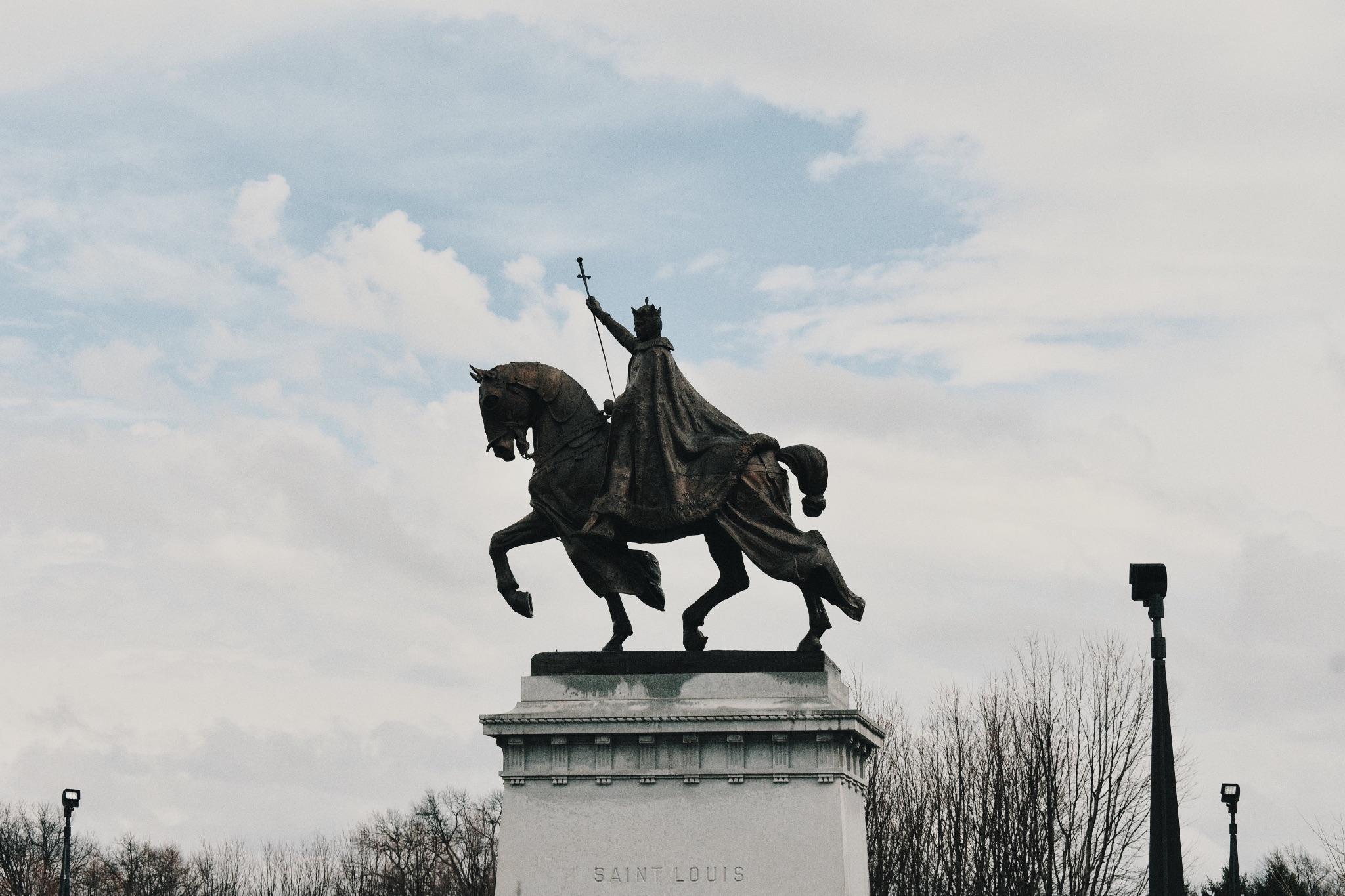
An absolute monarchy is when a single person holds all the power. It is also usually hereditary of who gets passed the crown next in line.
An example of an absolute monarchy is King Louis XIV in France in the 1600s.
What Is a Constitutional Monarchy?
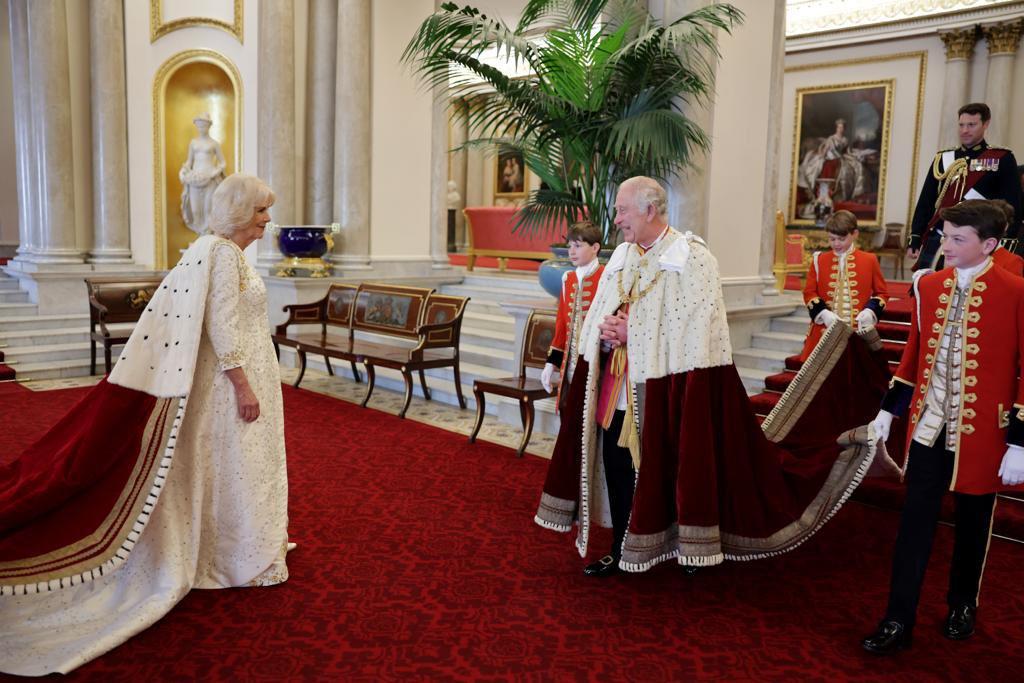
A constitutional monarchy is when the monarch shares power with an organized government under the constitution.
The leader may be a head of state and the constitution divides power between legislature and judiciary. England, Netherlands, Norway and Spain are examples of constitutional monarchies.
What Is the Overall Difference Between a Monarchy and Democracy?
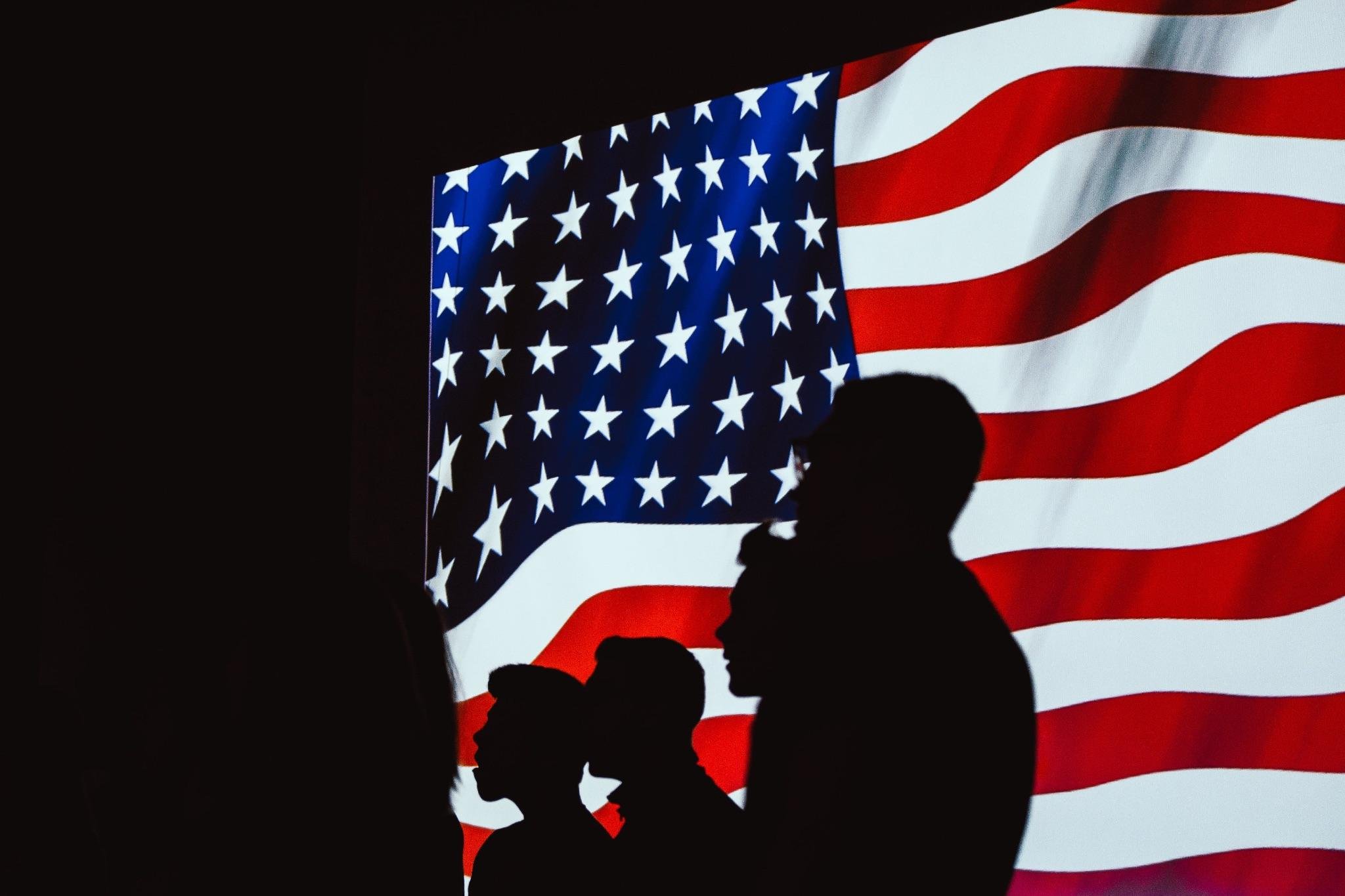
According to testbook.com, “The primary difference between a monarchy and democracy is that, in a monarchy, the ruler is not at all accountable to the people of the nation for the decisions he makes and cannot even be held accountable for his action.”
“Whereas, in a democracy, the ruler must answer to the people for all of his decisions and they are even permitted to question his policies.”
How Does a Constitutional Monarchy Differ From Democracy?
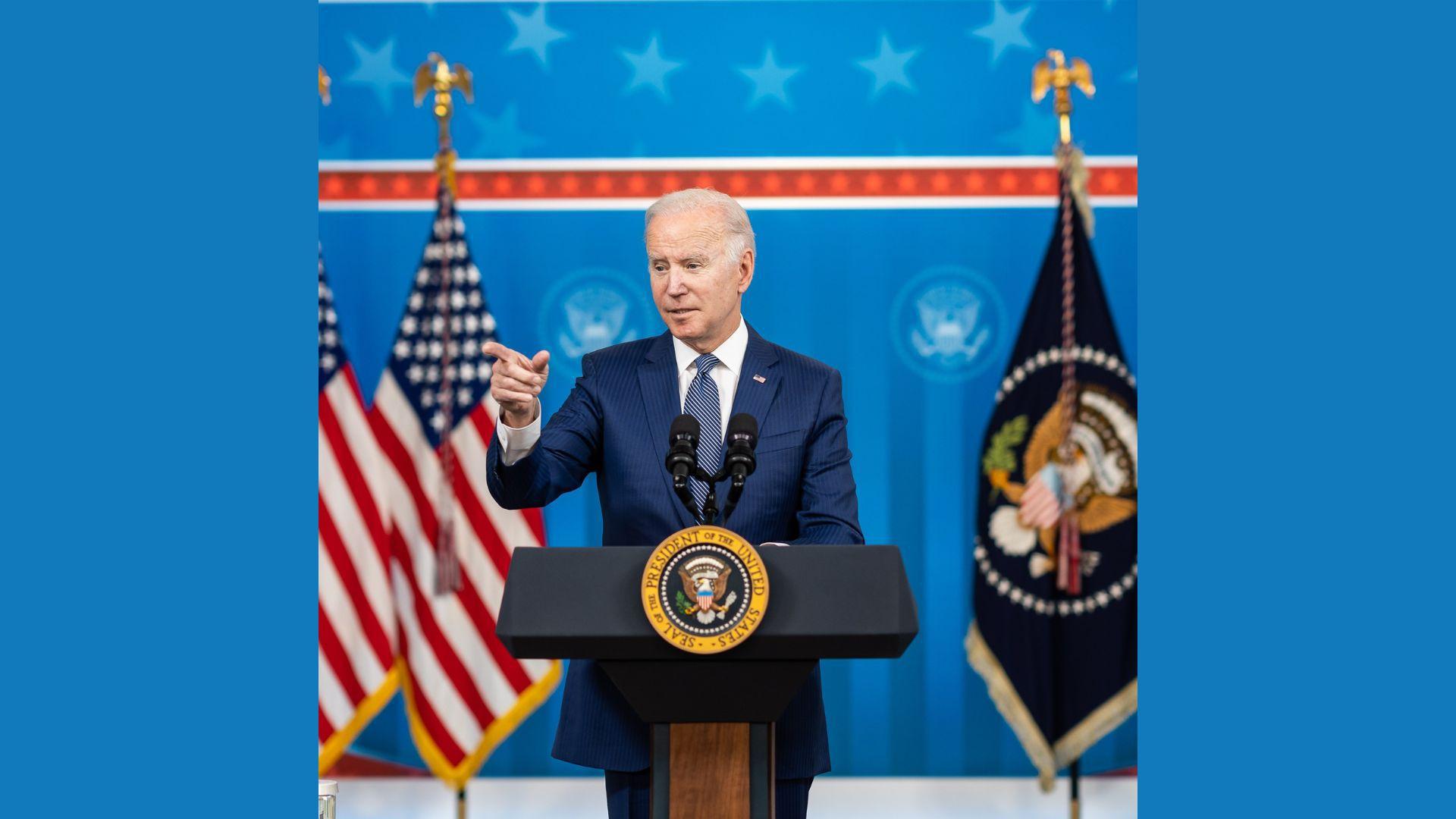
In a constitutional monarchy, people do not play a role in political decision making.
In a democracy, the people as citizens are either directly or indirectly involved in the decision making process either by voting on things directly, or electing individuals with similar viewpoints to them.
What Would Differ if the U.S. Was a Constitutional Monarchy?
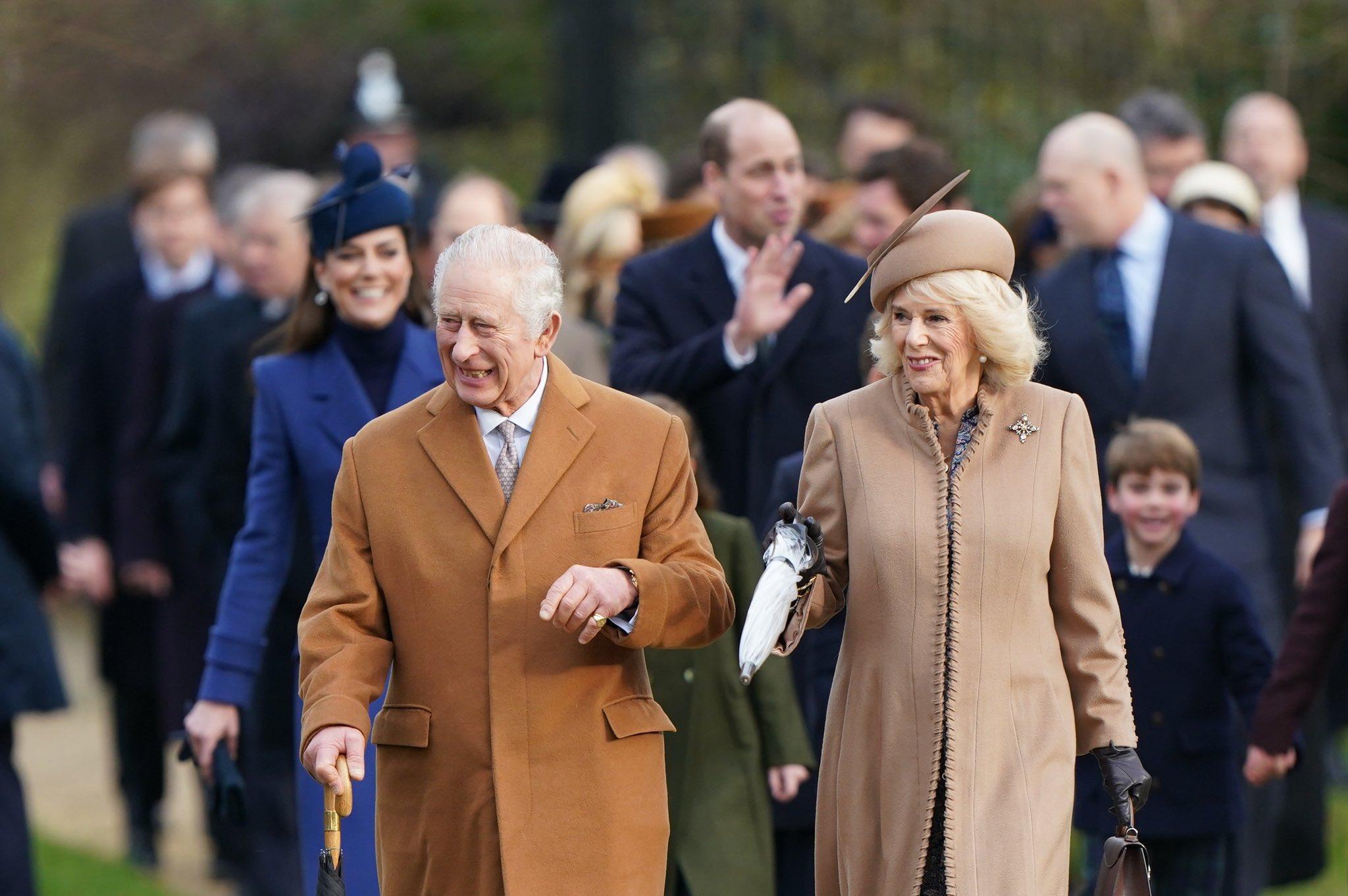
Essentially what would be different is that instead of having an elected president, it would be passed down to family members.
In a democracy we elect our president, in England the crown has been passed down through generations and then they choose the prime minister.
Political Difference Between Constitutional Monarchy and US Democracy
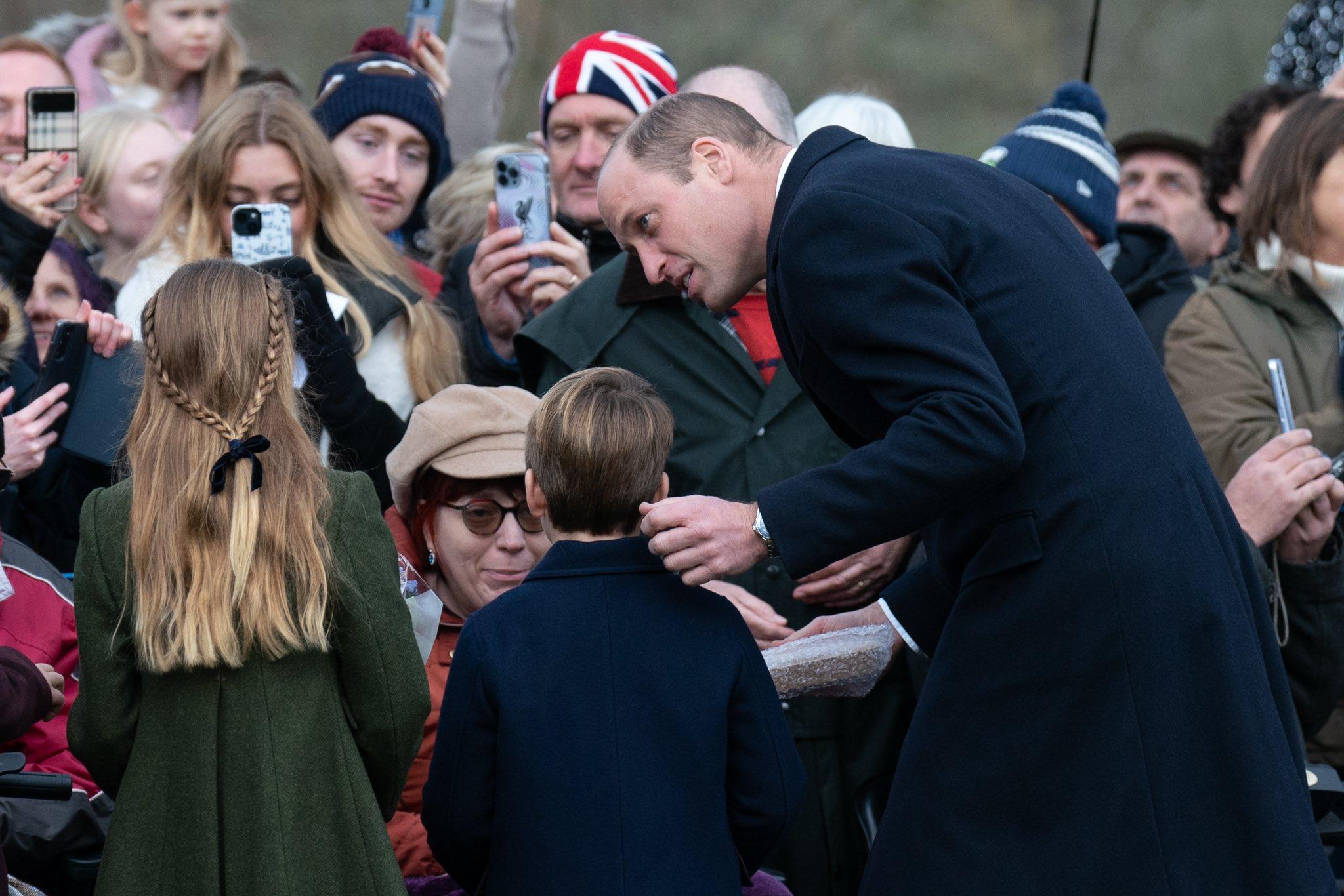
The political difference wouldn’t be much different if we adopted the constitutional monarchy similar to England.
Like England, we could still have different political parties who elect the members of parliament who make decisions.
What if America Chose to Be an Absolute Monarchy?
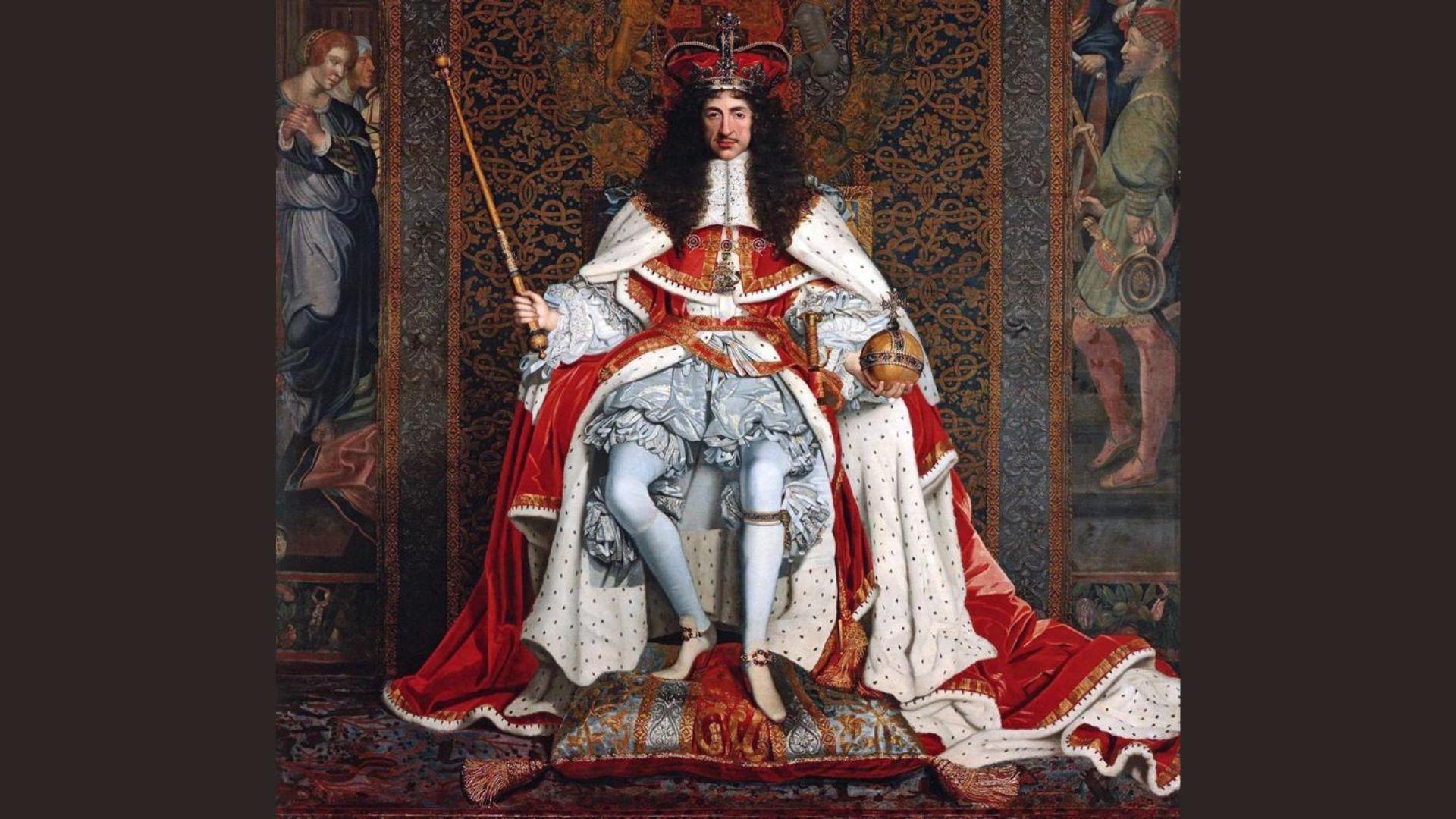
Like previously mentioned, in an absolute monarchy the monarch has full control over decision making.
This is completely different to our current system, as we wouldn’t elect our person in charge because it is passed down through the generations and we wouldn’t get to vote on decisions.
Is it Possible for the US to Become a Monarchy?
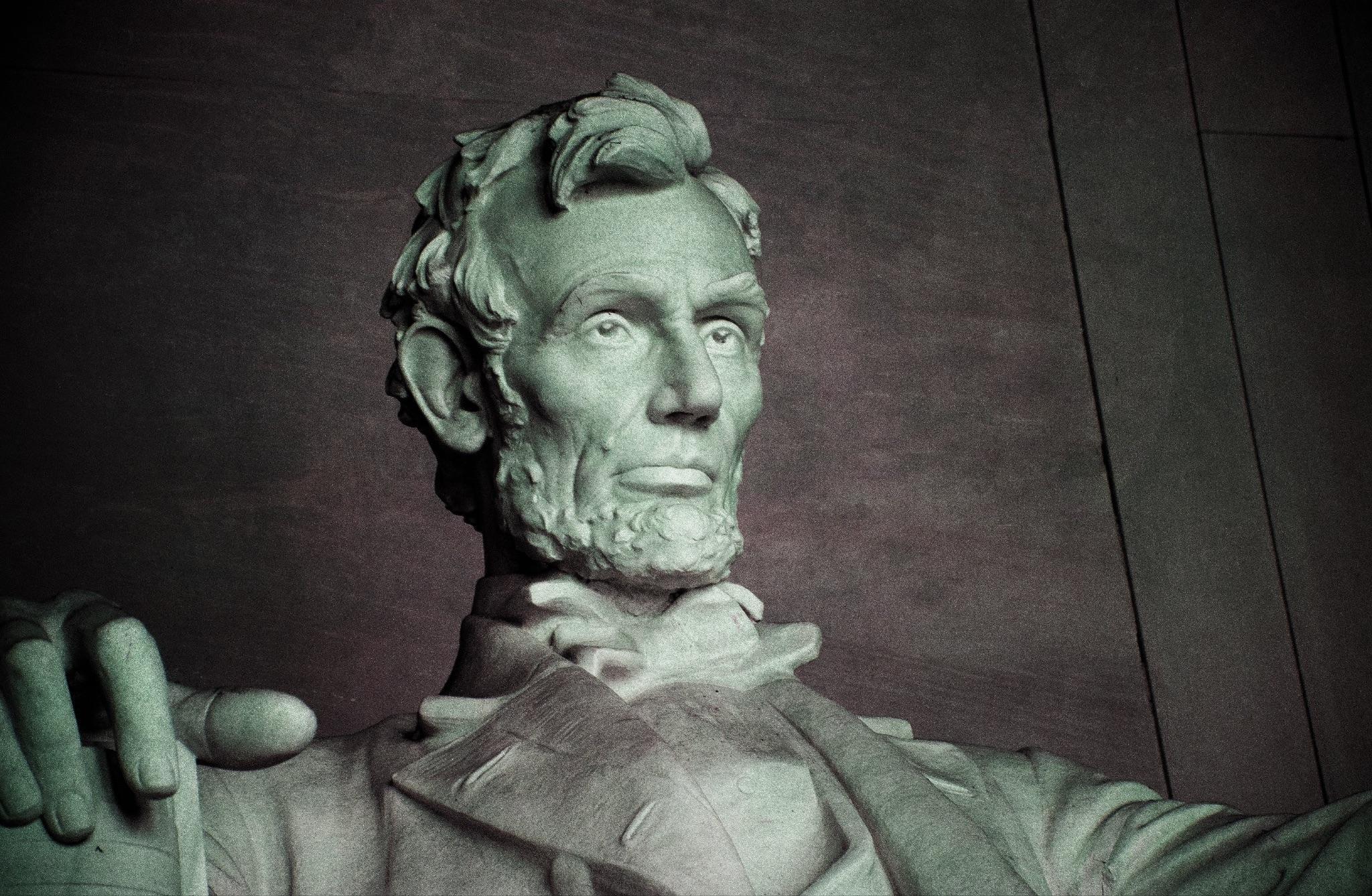
In our constitution it is possible for us to become a monarchy, although it is unlikely.
If we wanted to become a monarchy, the US Congress could propose an amendment, pass it in both chambers of Congress with 2/3 majorities, and send the proposed amendment to the States, 3/4 of which would have to ratify it.
Is it Likely That the US Will Become a Monarchy?
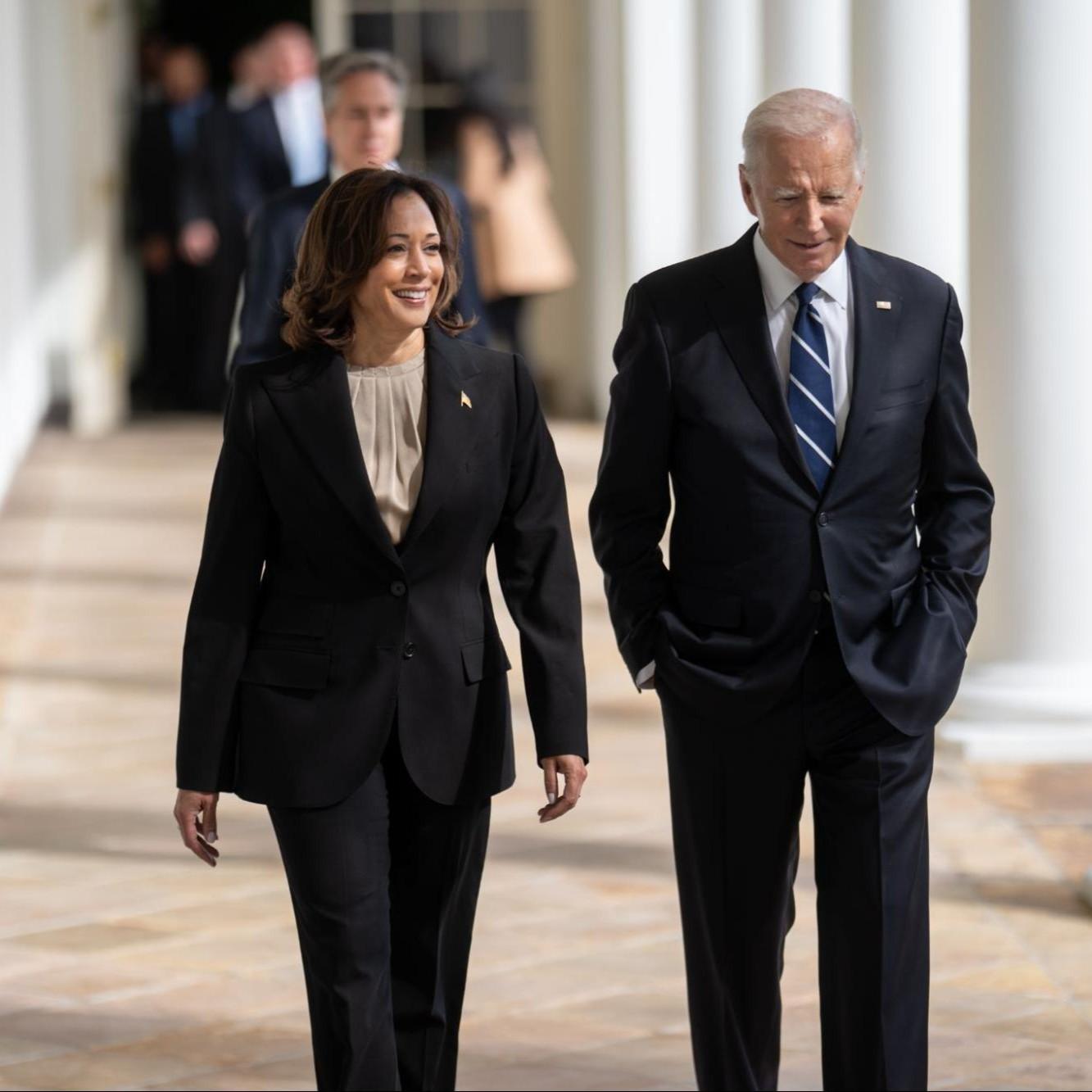
The original settlers of the United States came from Great Britain during the American Revolution, and they had experiences with a constitutional monarchy and previously an absolute monarchy.
There is a slim chance we would ever become a constitutional monarchy let alone an absolute monarchy, because those settlers were already trying to get away from this form of government.
Would the US Revert to an Absolute Monarchy?
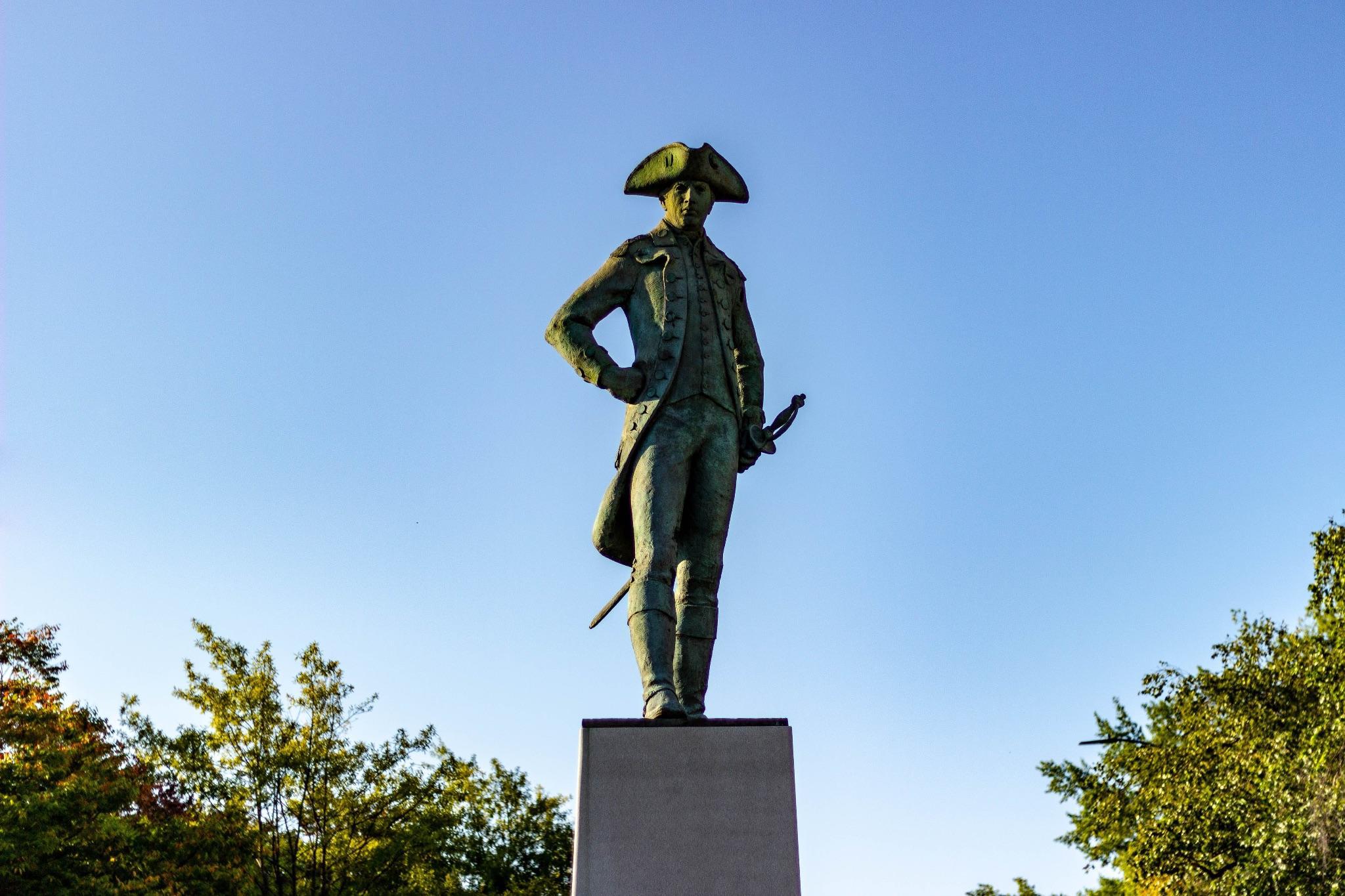
In a discussion on Quora, Rupert Baines explains it is unlikely that they would revert to any sort of monarchy.
“Given the British heritage of the colonists that would seem most probable. (It is a hypothetical: given in reality they did not want a monarchy at all, who can say… But it it seems less of a stretch to say they would stick with British system than revert to a system that had already been overthrown in UK more than a century before).”


